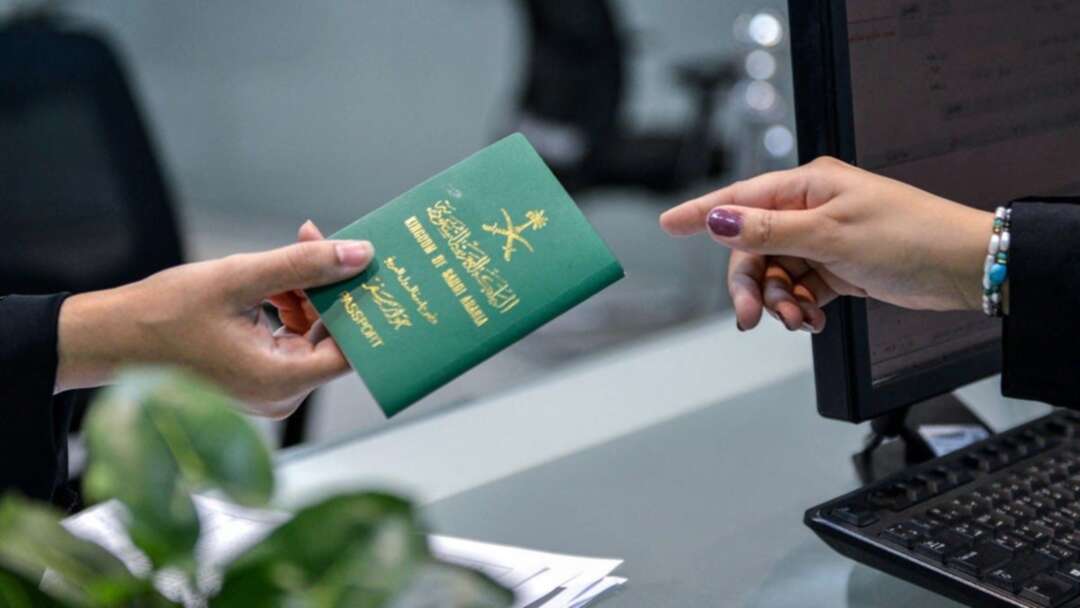-
New Saudi civil laws to include minimum age limit on marriages: Justice Minister

New reforms to Saudi Arabia’s civil laws will include the setting of a minimum age on marriages for both genders and granting women more marital contract rights, according to the Kingdom’s Minister for Justice.
“For the Personal Status Law, perhaps the most prominent general features are the setting of a minimum age for marriage for both parties, as well consolidating the consideration of a woman's will in all aspects of the marriage contract in addition to childcare rights and interests of the child,” Saudi Justice Minister Dr. Walid bin Mohammed al-Samani.
Saudi Arabia’s Crown Prince Mohammed bin Salman announced on Monday four new laws to reform the Kingdom’s judicial institutions and efforts toward improving the “legislative environment” in the Kingdom, according to an official announcement.
The four new laws include the Personal Status Law, the Civil Transactions Law, the Penal Code for Discretionary Sentences, and the Law of Evidence.
The Crown Prince said the current laws of the past have been “painful” on many individuals, especially women.
The absence of applicable legislations has led to discrepancies in decisions and a lack of clarity in the principles governing facts and practices. That resulted in prolonged litigation not based on legal texts. In addition, the absence of a clear legal framework for private and business sectors has led to ambiguity with respect to obligations.
“This was painful for many individuals and families, especially women, permitting some to evade their responsibilities. This will not take place again once these laws are promulgated pursuant to legislative laws and procedures,” the Crown Prince said in a statement.
The Justice Minister told Al Arabiya that reforms to the legislative system would include reforms in the way judges sentence individuals according to the crime committed.
“For the penal system, the draft affirms that the scope of the punishment is always limited to the acts stipulated in the legal code, as there is no criminalization except by the statutory text. As well as the principle of the personality of the punishment and the emphasis on the presumption of innocence, the approval of alternative penalties to imprisonment and the reduction of aspects of penalties depriving freedom,” added.
In applying the statutory text to the facts, the justice minister said, judges will be able to devote themselves to their basic work in implementing these legislations in addition to paying more and more attention to the realistic aspect of any case.
While no specific details of the which laws would be reformed were announced on Monday, the Crown Prince did say that they would be released later this year after submitted to the Council of Ministers and its bodies for review and consideration, in accordance with the legislative process, and in preparation for submission to the Shura Council, pursuant to its law.
Read more:
Saudi Crown Prince announces 4 new laws to reform Kingdom’s judicial institutions
Saudi Arabia amends anti-harassment law, to name and shame offenders
Saudi Crown Prince: Kingdom’s laws ‘must be respected, until they’re reformed’
source: Ismaeel Naar
Image source: AFP
Levant
You May Also Like
Popular Posts
Caricature
BENEFIT Sponsors BuildHer...
- April 23, 2025
BENEFIT, the Kingdom’s innovator and leading company in Fintech and electronic financial transactions service, has sponsored the BuildHer CityHack 2025 Hackathon, a two-day event spearheaded by the College of Engineering and Technology at the Royal University for Women (RUW).
Aimed at secondary school students, the event brought together a distinguished group of academic professionals and technology experts to mentor and inspire young participants.
More than 100 high school students from across the Kingdom of Bahrain took part in the hackathon, which featured an intensive programme of training workshops and hands-on sessions. These activities were tailored to enhance participants’ critical thinking, collaborative problem-solving, and team-building capabilities, while also encouraging the development of practical and sustainable solutions to contemporary challenges using modern technological tools.
BENEFIT’s Chief Executive Mr. Abdulwahed AlJanahi, commented: “Our support for this educational hackathon reflects our long-term strategic vision to nurture the talents of emerging national youth and empower the next generation of accomplished female leaders in technology. By fostering creativity and innovation, we aim to contribute meaningfully to Bahrain’s comprehensive development goals and align with the aspirations outlined in the Kingdom’s Vision 2030—an ambition in which BENEFIT plays a central role.”
Professor Riyadh Yousif Hamzah, President of the Royal University for Women, commented: “This initiative reflects our commitment to advancing women in STEM fields. We're cultivating a generation of creative, solution-driven female leaders who will drive national development. Our partnership with BENEFIT exemplifies the powerful synergy between academia and private sector in supporting educational innovation.”
Hanan Abdulla Hasan, Senior Manager, PR & Communication at BENEFIT, said: “We are honoured to collaborate with RUW in supporting this remarkable technology-focused event. It highlights our commitment to social responsibility, and our ongoing efforts to enhance the digital and innovation capabilities of young Bahraini women and foster their ability to harness technological tools in the service of a smarter, more sustainable future.”
For his part, Dr. Humam ElAgha, Acting Dean of the College of Engineering and Technology at the University, said: “BuildHer CityHack 2025 embodies our hands-on approach to education. By tackling real-world problems through creative thinking and sustainable solutions, we're preparing women to thrive in the knowledge economy – a cornerstone of the University's vision.”
opinion
Report
ads
Newsletter
Subscribe to our mailing list to get the new updates!






















